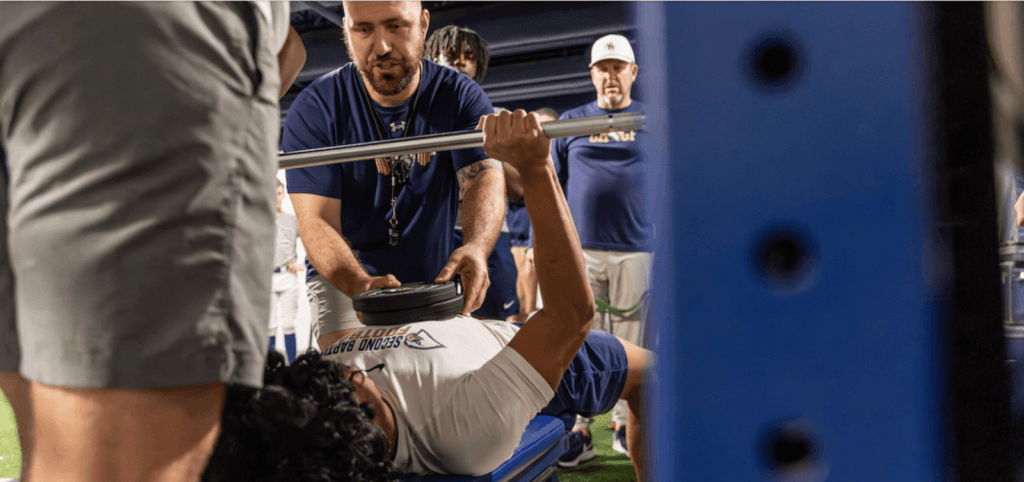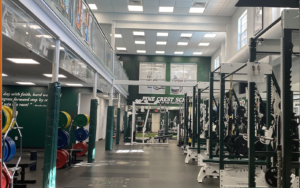
Coaching the Gen Z Athlete: Empowering the Next Generation in a World of Information
While athletic performance is important, it’s just one chapter of an athlete’s story. By focusing on the human being first, we ensure that the lessons we teach will not just make them better athletes, but better people.











